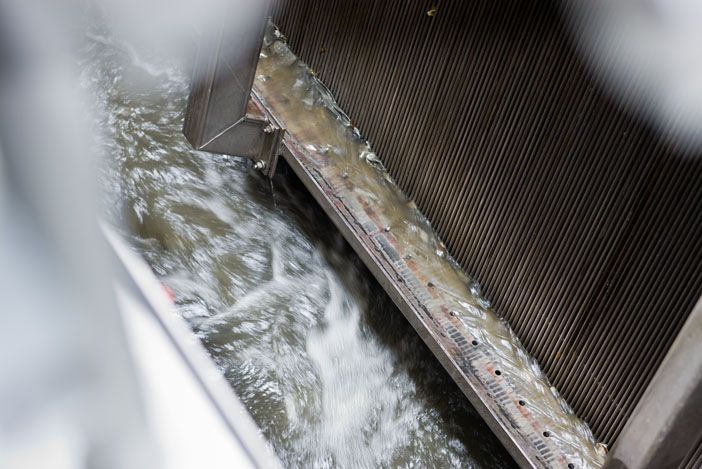Converting Sludge Waste in Water Plants Into a Valuable Rresource
Published on by Water Network Research, Official research team of The Water Network in Technology
Alu Circles, an international initiative is trying to reduce costs and convert sludge waste in water treatment plants into a valuable energy resource.

Image by Allied Waters
Cost reduction and sustainability are already proven in practice for residuals from drinking water production including lime pellets and ferric sludges. Aluminium based sludges are the next target, the disposal of which comes at a substantial and ever-increasing cost. Alu Circles, an international initiative based on PCP (Pre-Commercial Procurement) principles, will make this happen. Allied Waters and Corvers Procurement Services are coordinating Alu Circles.
Aluminium-based sludges in drinking water plants
Aluminium-based flocculants are generally used in drinking water plants treating surface water. The remaining sludge is typically sent to a disposal site as it has few beneficial uses. The sum of internal and out-of-pocket costs of disposal often exceeds 100 €/ton sludge (as is). For a water plant producing 100 million m3/year, this represents a cost of around 100.000 €/year. The challenge is to convert this one-off use of material into a sustainable solution, such as upcycling or recycling, at a lower cost. This is the principal goal of Alu Circles.
Pre-commercial procurement (PCP) and what it does
PCP stands for a co-creation by technology providers, water suppliers and researchers in a multi-stage process. The PCP instrument has been specifically developed to support innovation procurement in the public sector. PCP provides the basis to develop new, sustainable solutions at near industrial scale within a period of two to four years, achieving a cost reduction of more than 30% for the aluminium sludge issue.
To find more information on Alu Circles Inittiative , visit Allied Waters.
Media
Taxonomy
- Treatment
- Flocculation
- Chemical Treatment
- Sludge Separation
- Industrial Wastewater Treatment
- Sludge Treatment
- Drinking Water Treatment
- Process
- Water Treatment & Control
- Industrial Water Treatment
- Sludge Management
- Sludge Drying
- Technology
- Synthetic Flocculant & Coagulant
- Slurry Pumping
- Sludge Treatment & Management
- Activated Sludge